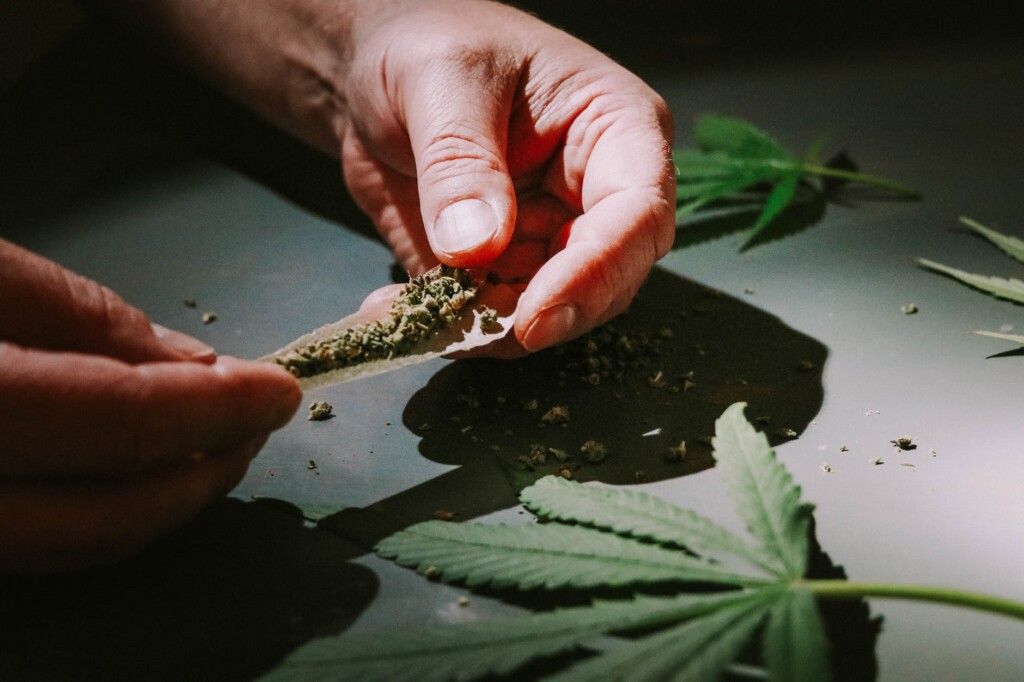Cannabinoid And The Human Brain
The cannabinoid compound, Delta-9-tetrahydrocannabinol (THC), is the primary psychoactive component found in the cannabis plant. THC has been the subject of numerous studies exploring its medical properties and the effects it has on the human brain. While cannabis has been traditionally used for recreational purposes, over the years, THC has been recognized for its potential medicinal applications. Research has found that THC can offer several scientific benefits to the human brain, ranging from enhancing cognitive functions, to reducing anxiety and depression.
One of the most well-known scientific benefits of THC is the enhancement of cognitive functions. Studies have shown that THC stimulates the brain’s endocannabinoid system, which is responsible for maintaining homeostasis, regulating appetite, pain perception, and memory. Research has also found that the consumption of THC-rich cannabis can enhance cognitive functions such as concentration, attention, and creativity. For example, a study conducted by Pillay and colleagues (2017) showed that cannabis users exhibited enhanced creativity while under the influence of THC. The study required participants to come up with creative solutions to a problem while they were high on THC. The researchers found that the participants came up with more creative solutions than when they were sober.

Another study by Ramaekers and colleagues (2009) found that THC can also improve driving performance. The study conducted a driving simulator test on participants who were given different doses of THC, including a placebo. The results revealed that participants showed improved driving performance and less risk-taking behavior at low doses of THC. However, high doses of THC had the opposite effect and resulted in impaired driving performance.
THC has also shown potential in reducing anxiety and depression. Anxiety and depression are among the most common mental health disorders, and often, people use anti-anxiety and antidepressant medication to manage these conditions. However, these medications can have side effects and are not suitable for everyone. THC has been found to have anxiolytic and antidepressant properties, making it a viable alternative for people who cannot tolerate prescription medication.
A study by Campos and colleagues (2012) conducted a meta-analysis of 104 studies that investigated cannabis consumption and its impact on anxiety and depression. The researchers found that THC has potential in reducing anxiety and depression symptoms in people who have these disorders. However, the study also indicated that the effects of THC may vary depending on the individual and the context in which they consume cannabis.
Marijuana is quite possibly the finest of intoxicants. It has been scientifically proven, for decades, to be much less harmful to the body than alcohol when used on a regular basis (Google “Science”).
David Duchovny
Despite the potential benefits THC offers, its legalization and medical use have been the subject of controversy. Some argue that the psychoactive effects of THC can lead to addiction and impair cognitive functions, thereby making it unsuitable for medical use. While others claim that cannabis is a harmless herb that has been demonized by the media and governments.
In conclusion, THC offers several scientific benefits to the human brain. From enhancing cognitive functions to reducing anxiety and depression, the compound shows immense medicinal potential. The scientific benefits of THC highlight the importance of further research and exploration of cannabis plants’ medical properties. However, it is essential to exercise caution and use cannabis-containing THC under the guidance of medical professionals, given the potential risks associated with its misuse.
References:
Campos, A. C., Moreira, F. A., Gomes, F. V., Del Bel, E. A., & Guimarães, F. S. (2012). Multiple mechanisms involved in the large‐spectrum therapeutic potential of cannabidiol in psychiatric disorders. Philosophical Transactions of the Royal Society B: Biological Sciences, 367(1607), 3364-3378.
Pillay, V. V., Rogowska, J., Kanayama, G., Gruber, S., & Simpson, N. (2017). Cannabinoids and creativity: A prospective study. Psychology of Consciousness: Theory, Research, and Practice, 4(3), 313-321.
Ramaekers, J. G., Kauert, G., van Ruitenbeek, P., Theunissen, E. L., Schneider, E., Moeller, M. R., & Ruitenbeek, P. V. (2009). High-potency marijuana impairs executive function and inhibitory motor control. Neuropsychopharmacology, 34(13), 17-21.
